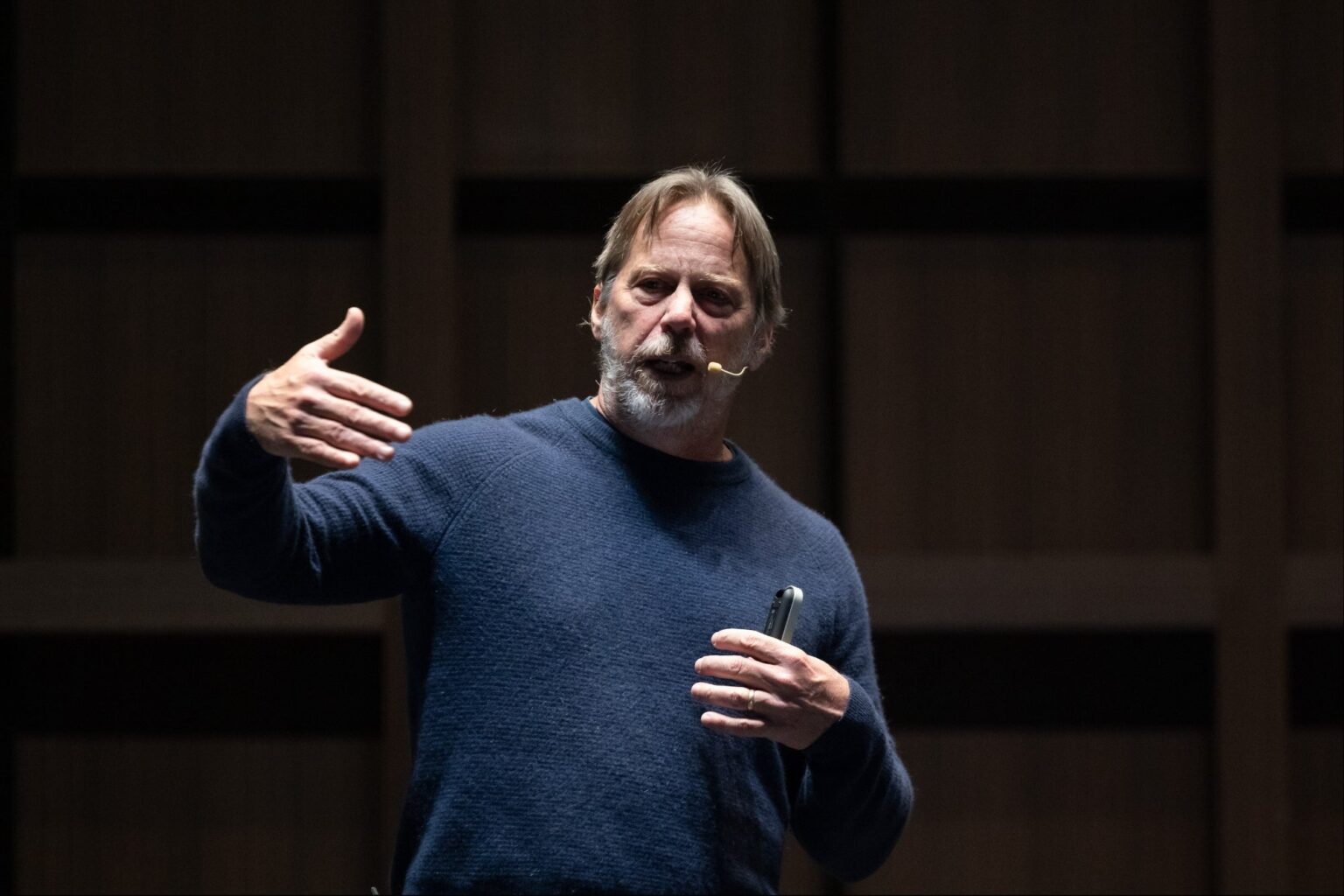Jim Keller, a notable engineer with experience at companies like AMD, Apple, and Tesla, is now the CEO of an AI chip startup called Tenstorrent. In a recent conversation, Keller made a bold statement, comparing Nvidia to the iconic tech giant IBM of the AI era.
During a podcast episode on DemystifySci, Keller highlighted Nvidia’s dominance in the AI chip market, pointing out how major tech companies like Microsoft and Google rely on Nvidia’s technology for their own innovations. He described a scenario where all these tech giants are in an arms race, with Nvidia being the go-to choice for cutting-edge AI processors.
Keller’s Tenstorrent has received backing from industry giants like Samsung and Hyundai, amounting to a significant $2 billion valuation. Despite recognizing Nvidia’s current position as the leader in AI chip functionality, Keller hinted at a potential shift in the industry landscape, suggesting that Nvidia is on the path to becoming the IBM of the AI era.
 Jim Keller, chief executive officer of Tenstorrent. Photographer: SeongJoon Cho/Bloomberg via Getty Images
Jim Keller, chief executive officer of Tenstorrent. Photographer: SeongJoon Cho/Bloomberg via Getty Images
Nvidia currently holds over 80% of the AI chip market share, establishing itself as the industry frontrunner with a first-mover advantage in AI computing. The company’s early investments in AI and machine learning development starting back in 2006 have contributed to its current market dominance.
Keller draws a parallel between Nvidia’s rise in the AI chip market and IBM’s historic impact on the personal computer market. While IBM did not invent the PC, its innovative 1981 personal desktop set a new standard and generated significant revenue in its first year.
In past discussions, Keller has criticized the cost of AI chips, including those from Nvidia and OpenAI. He suggested that Nvidia could have reduced research and development costs and claimed he could build AI processors for all workloads at a fraction of the cost estimated by OpenAI’s CEO.
Looking ahead, Nvidia’s CEO has hinted at a high price tag for the company’s next-generation AI chip, suggesting a potential shift in the cost dynamics of the AI chip market.

